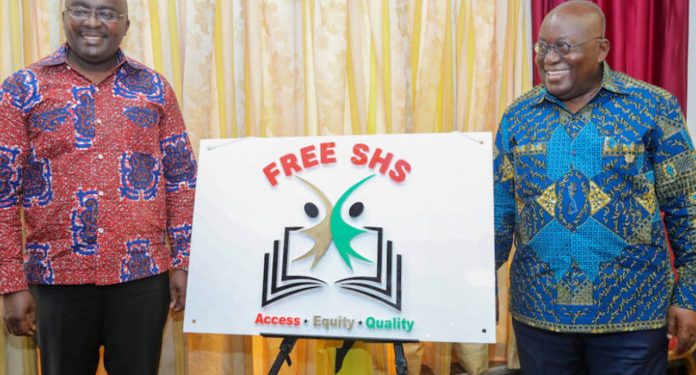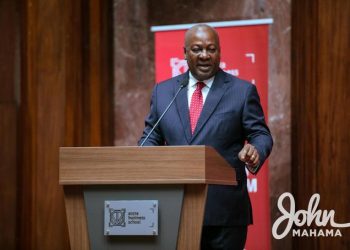The government has reacted to concerns over whether or not some flagship programmes will be suspended following a decision to subscribe to an International Monetary Fund programme.
In a June 5, 2022 document from the Finance Ministry responding to a myriad of issues on the IMF programme, government said the IMF was favourably disposed towards pro-poor policies.
However, it was government’s ability to finance such policies which was a matter of concern.
It indicated that for its Enhanced Domestic Programme with IMF, it will be looking at reviewing some flagship programmes including the Free SHS and Agenda 111 “to see how best they can be optimized and become more efficient”.
See below the part of the statement responding to concerns on government flagship programmes
Question: Will Free SHS and some of the big government policies (such as Agenda 111) be suspended by going to the IMF?
Response: NO. IMF programmes are flexible in response to evolving circumstances. Ultimately, the IMF encourages governments in their programme design to protect the poor or vulnerable groups from the impact fiscal adjustment.
Free SHS, the School Feeding programme, among others are good social intervention programmes and it is the lack of financing and unsustainable debt burdens that could constrain a government’s ability to maintain its level of spending, including social or investment spending.
In our situation, the IMF may ask Ghana to consider curtailing lower priority or non-productive spending (such as “white elephant” projects) as part of its fiscal adjustment but to preserve priority social spending, including on health and education.
The objectives are typically aimed at providing a social safety net for the poor and ensuring that investment spending boosts the economy at a critical time.

source: Ghana Web



















































